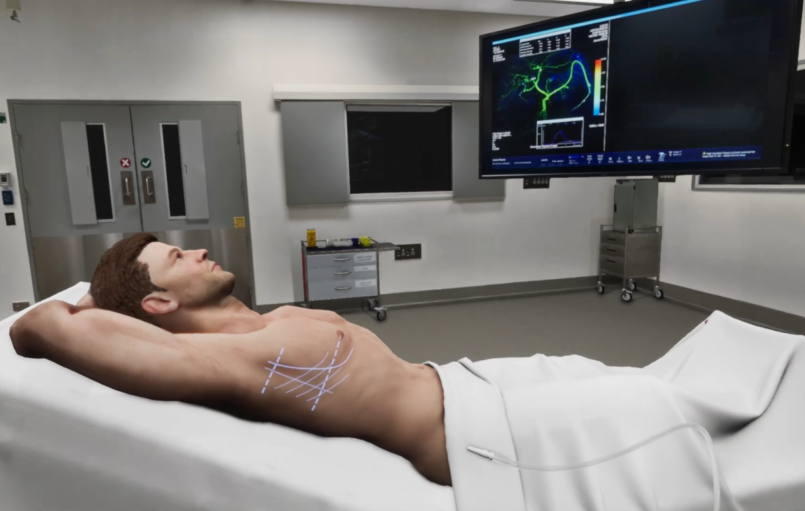A virtual reality startup which has developed the medical version of a flight simulator for doctors has raised $7 million in a round described as a pre-series A.
The round for Vantari VR was led by Co:Act Capital with support from Acova Capital, Significant Early Venture Capital and Sirius Capital, as well as several investors in medical device and insurance sectors.
The clinician training platform, founded in 2017, which helps doctors and students practice and perfect life-saving procedure, has been focused on the US market. In mid-2021 went looking for $2 million in funding that never materialised.
Vantari VR previously secured the MVP grant in 2018 and AC grant in 2019, and in 2018, was one of 10 startups in accelerator Slingshot’s HCF Catalyst program. And in 2021, Epic Games, the gaming company behind Fortnite, awarded the startup a $131,000 grant to use its commercial game engine.
The startup was founded by two doctors who met as interns at Sydney hospital, and the platform is now being used in several Australian training hospitals including Sydney’s RPA and Westmead.
A study conducted by the University of Wollongong last year found that using Vantari’s VR platform todelivers procedural training to doctors, nurses and medical students, helped reduce medical errors by 40%. It also helped student clinicians to improve performance by 32% and adherence to safety and hygiene by 39% .
The medtech startup launched an initiative called ‘Gaming for Good’ in 2021, which allows employees to spend one Friday afternoon monthly disconnecting from work and connecting with each other via company-wide gaming sessions.
A study of laparoscopic (small incision) specialists found that doctors playing video games for more than three hours a week made 32% fewer errors during practice procedures compared to non-gamers, and were also had a 24% faster completion rate.




















Trending
Daily startup news and insights, delivered to your inbox.